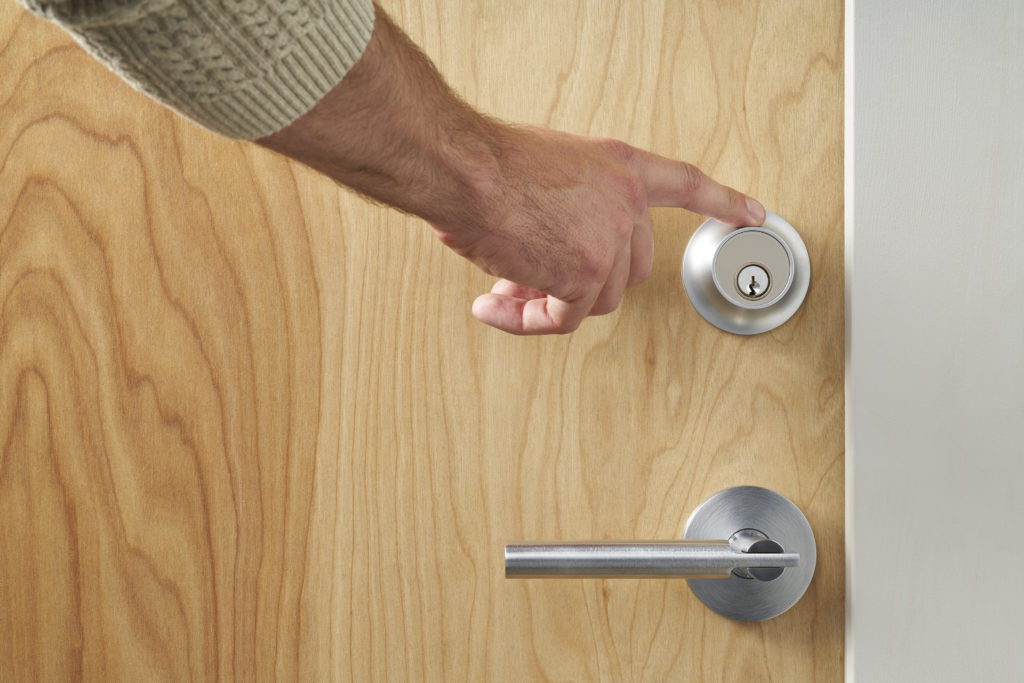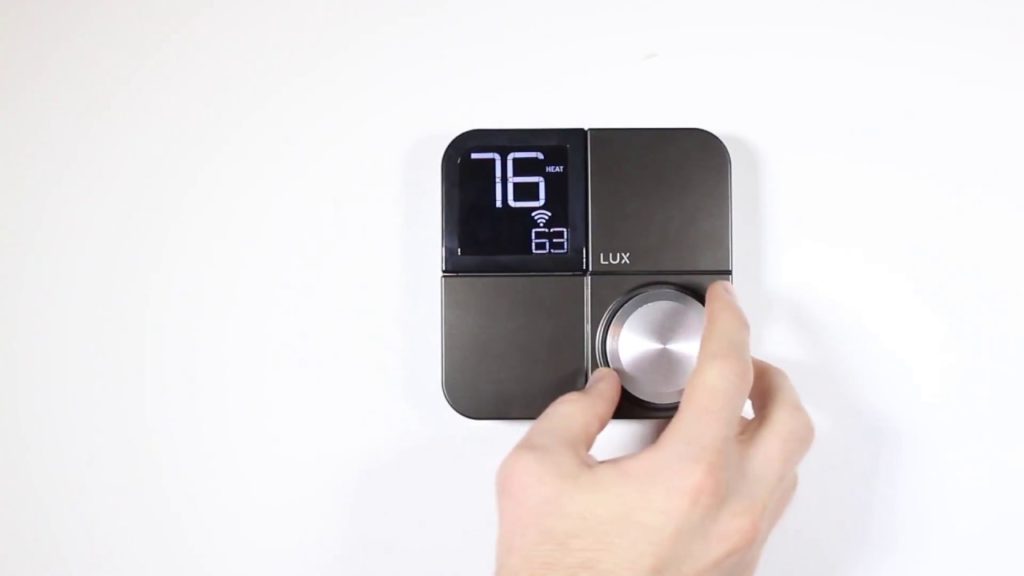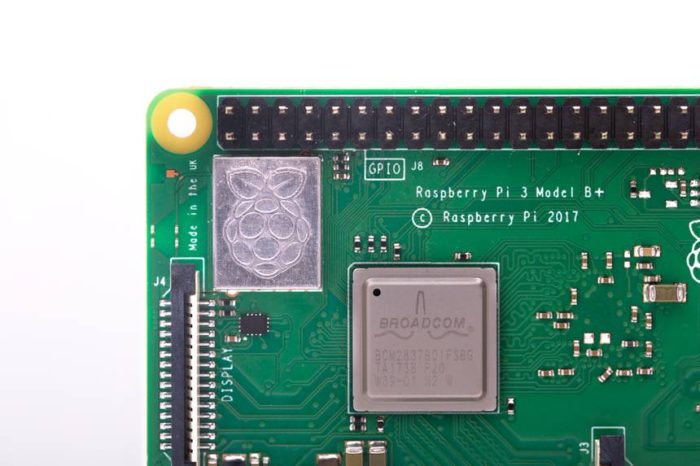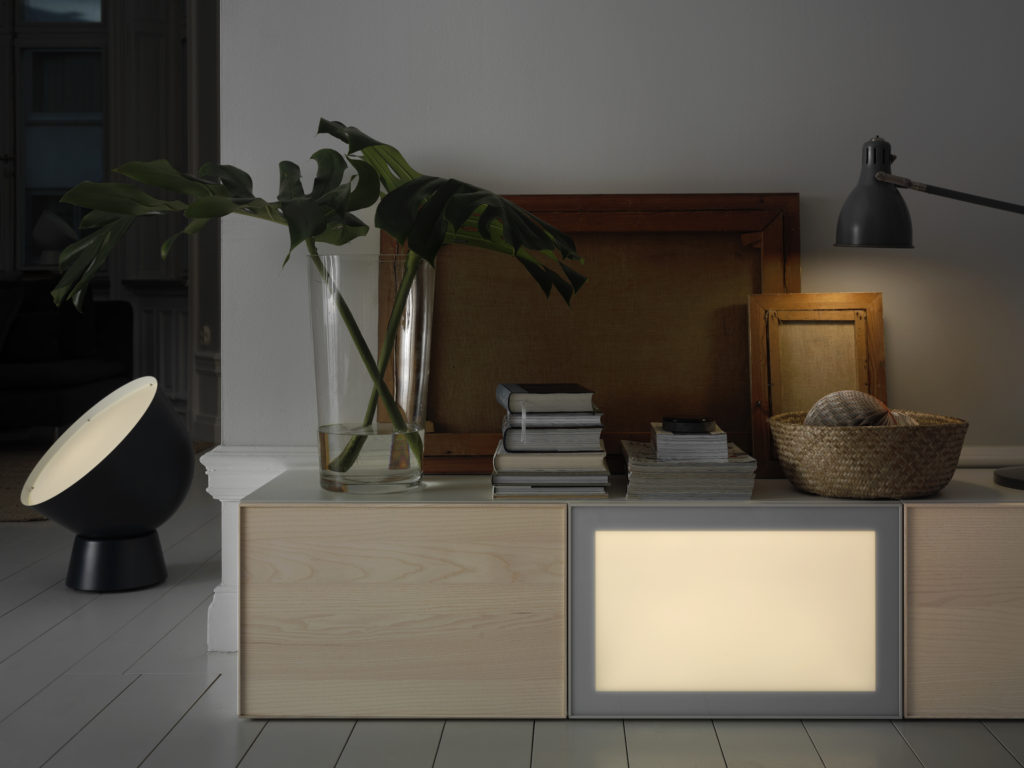This week’s show spends a lot of time on security in everything from an Amazon Echo to an infusion pump. But before we get to security stats, we offer a quick overview of Apple’s latest announcements. Then we pivot to discuss the Critical Infrastructure Defense Project, a series of free services enterprises can use to help protect their operations from attack. We also outline some vulnerabilities found in PTC’s Axeda remote management software and research showing that many infusion pumps have existing vulnerabilities. Finally, we discuss research showing that some popular consumer devices might be using vulnerable OpenSSL encryption technology. Then we talk about the end of another French unlicensed low-power wide area network and Space Force adding wearables to ensure the members of Space Force are fit. We also talk about a new predictive maintenance service from Xerox PARC called Novity. We close the news section by answering a listener question about getting rid of your old IoT devices while respecting your friends and the environment.

Our guest this week is Bryson Bort, CEO and founder of Scythe, a cybersecurity firm. Bort is a former U.S. Army officer and a co-founder of the non-profit
Hosts: Stacey Higginbotham and Kevin Tofel
Guest: Bryson Bort, CEO and founder of Scythe
Sponsors: Somfy and Pantacor
- Three tech firms get together to offer free cybersecurity tools
- What isn’t vulnerable nowadays?
- Are employee-mandated wearables okay if being fit is your job?
- How ransomware fits into the invasion of Ukraine
- How to shore up your cyber defenses in times of war (and peace)
Podcast: Play in new window | Download | Embed
Subscribe: RSS




